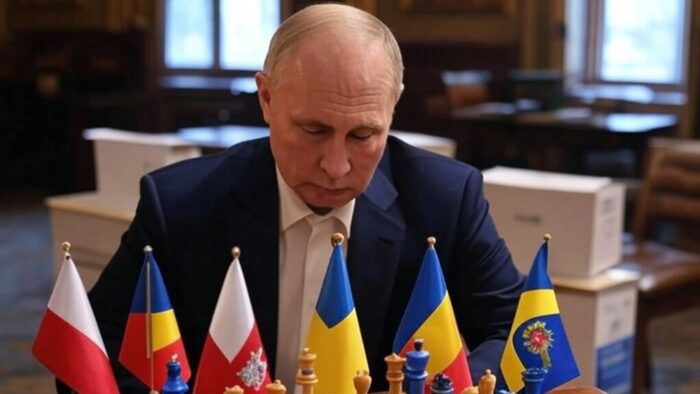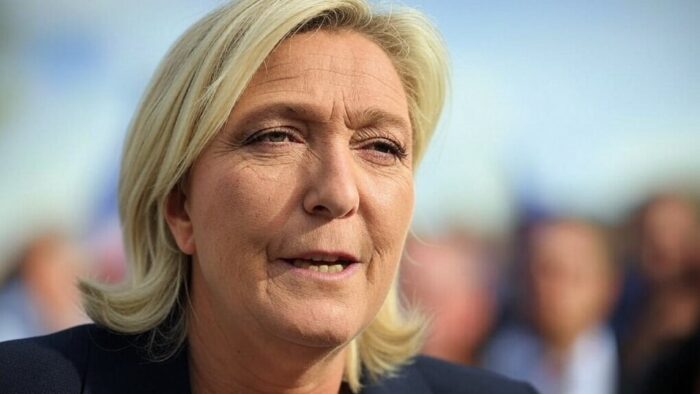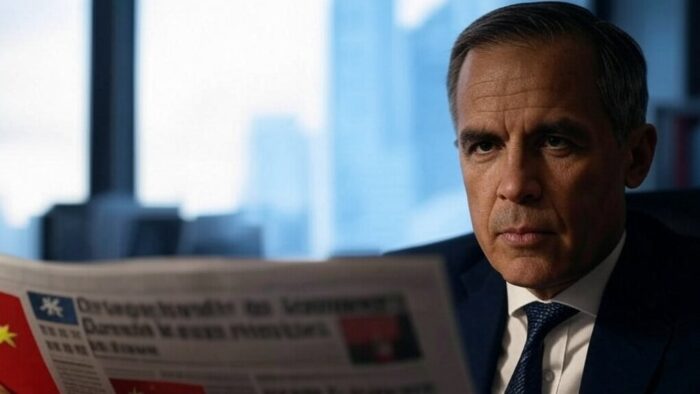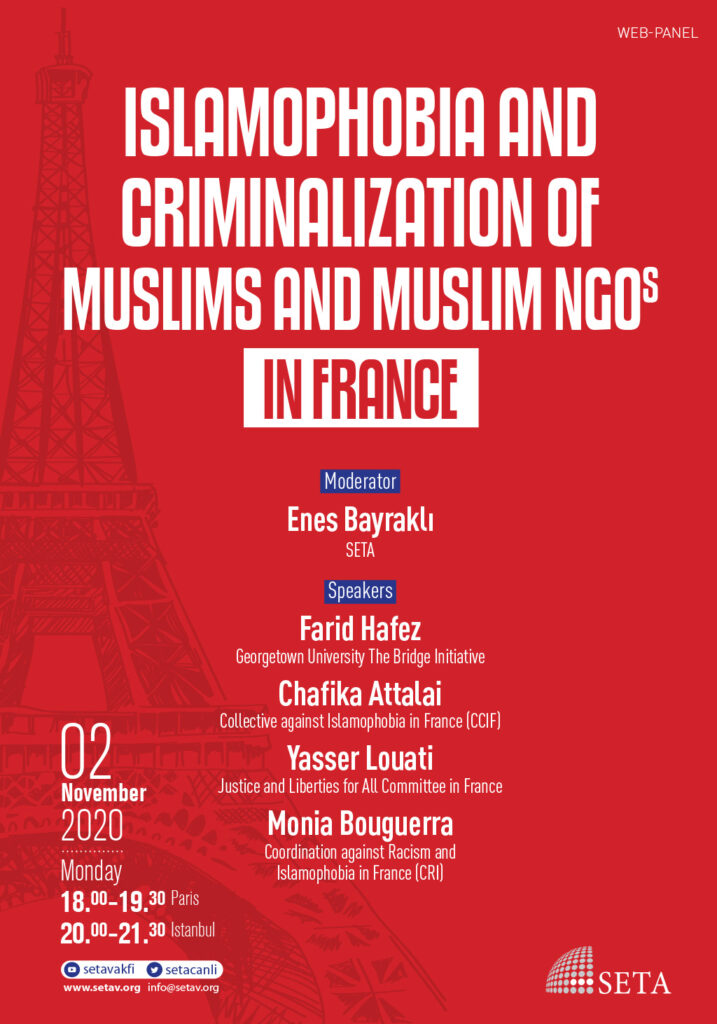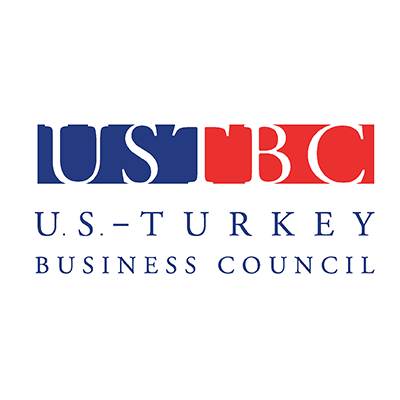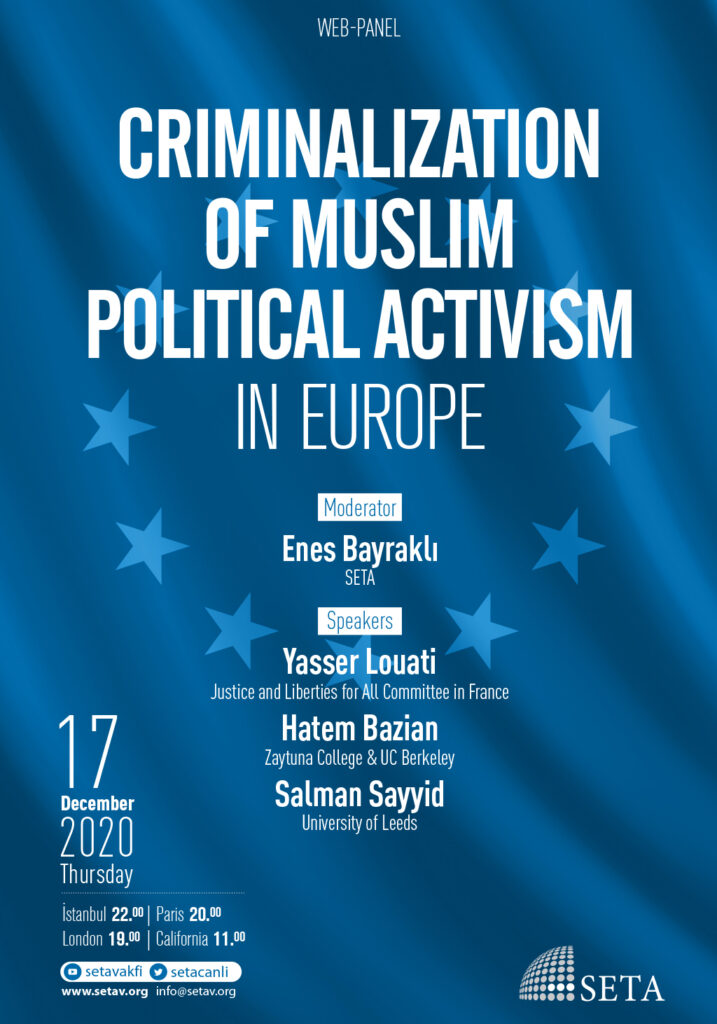Two journalists from the Wall Street Journal participated in a book discussion of their book on Chinese/US trade and hosted by a think tank close to the Turkish government. According to the event page:
July 20, 2020 The trade battle between China and the U.S. didn’t start with Trump and won’t end with him, argue Bob Davis and Lingling Wei. The two countries have a long and fraught political and economic history which has become more contentious over the past three years―an escalation that has negatively impacted both countries’ economies and the world at large―and holds the potential for even more uncertainty and disruption. How did this stand-off happen? How much are U.S. presidents and officials who haven’t effectively confronted or negotiated with China to blame? What role have Chinese leaders, and U.S. business leaders who for decades acted as Beijing’s lobbyists in Washington, played in driving tensions between the two countries? Superpower Showdown is the story of a romance gone bad. Uniquely positioned to tell the story, Davis and Wei have conducted hundreds of interviews with government and business officials in both nations over the seven years they have worked together writing for the Wall Street Journal. Analyzing U.S.–China relations, they explain how we have reached this tipping point, and look at where we could be headed. Vivid and provocative, Superpower Showdown will help readers understand the context of the trade war and prepare them for what may come next.
Read the rest here.
The hosting think thank, the SETA Foundation for Political, Economic and Social Research (Turkish: Siyaset, Ekonomi ve Toplum Araştırmaları Vakfı; SETA) describes itself as “a non-profit research institute dedicated to innovative studies on national, regional, and international issues.” SETA has its headquarters in Ankara and offices in Istanbul, Washington DC, Cairo, and Berlin. SETA is closely linked to President Erdoğan as:
- The current General Coordinator Burhanettin Duran has been a member of the Turkish Presidency Security and Foreign Policies Council since 2018.
- Many of the individuals above have also been columnists for the pro-government Sabah and/or its English-language version Daily Sabah newspapers, which are also linked to Erdoğan. Their parent company’s chairman of the board of directors is a close friend of Erdoğan. Additionally, Erdoğan’s son-in-law, Berat Albayrak, and Albayrak’s brother have been board members.
- The moderator of the book discussion, Kilic Bugra Kanat, is the research director of SETA DC and himself a Daily Sabah columnist.
Turkey, with its struggling economy, has been interested in securing Chinese investment and funds especially as its relations with the West have deteriorated and its businesses have had trouble getting credit from European and American investors. Turkey is also an important location for and has been interested in benefitting from China’s Belt and Road Initiative, which expands trade routes and Chinese influence by financing infrastructure projects in various countries. Turkey’s protests against China’s treatment of the mostly Muslim, ethnically Turkic Uighurs, including creating “reeducation camps” for them, for has however been an obstacle in Chinese-Turkish relations. The purpose of the book discussion may be for SETA to find insights on how to navigate conflicts in US-Chinese relations in order to benefit Turkey.
